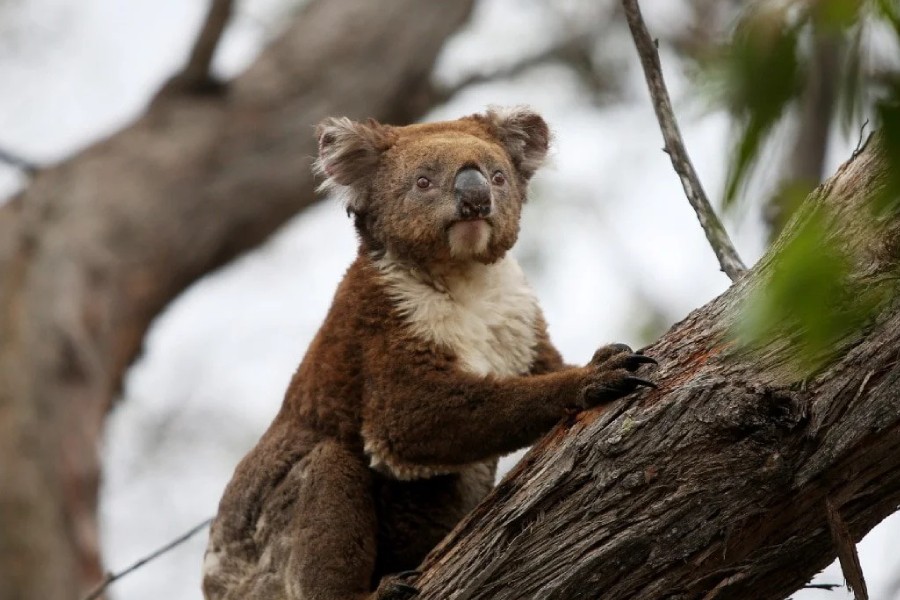Australia's environment is in a shocking state and faces further decline from amplifying threats, according to an anticipated report.
The survey of Australia's ecological systems - conducted every five years - found widespread abrupt changes.
These can be blamed on climate change, habitat loss, invasive species, pollution and mining, it said.
The threats are not being adequately managed - meaning they are on track to cause more problems.
Environment Minister Tanya Plibersek said the document paints a "shocking" and "sometimes depressing" story, vowing to implement new policies and laws.
The 2,000-page State of the Environment report, commissioned by the government, found or reiterated:
- Nineteen ecosystems are on the brink of collapse
- There are now more non-native plant species in Australia than native ones
- Australia has lost more species to extinction than any other continent
- All bar one category of environment examined has deteriorated since 2016, and more than half are now in a "poor" state.
"If we continue on the trajectory that we are on, the precious places, landscapes, animals and plants that we think of when we think of home may not be here for our kids and grandkids," Ms Plibersek said.
The koala and gang-gang cockatoo are among more than 200 animal and plant species with upgraded threats since 2016. Many of those species are unique to Australia.
In recent years, Australia has suffered severe drought, historic bushfires, successive years of record-breaking floods, and six mass bleaching events on the Great Barrier Reef.
"In previous reports, we've been largely talking about the impacts of climate in the future tense," Professor Emma Johnston, another report chief author, told the Australian Broadcasting Corporation.
"In this report there's a stark contrast, because we are now documenting widespread impacts of climate change."
The report found Australia lacks an adequate framework to manage its environment, instead relying on confusing systems that straddle different tiers of government.
Federal government spending on sustaining biodiversity has dropped at the same time risks have been increasing, it said.
The report was handed to the previous government last year, but its release was delayed until after the election in May.
"It tells a story of crisis and decline in Australia's environment, and of a decade of government inaction and wilful ignorance," Ms Plibersek said in a statement.
A spokesperson for the Liberal opposition said it had a "strong" environment record while in government.
Australia has vowed to cut carbon emissions by 43 per cent on 2005 levels by 2030. Under its previous government, the target was 26-28 per cent.


